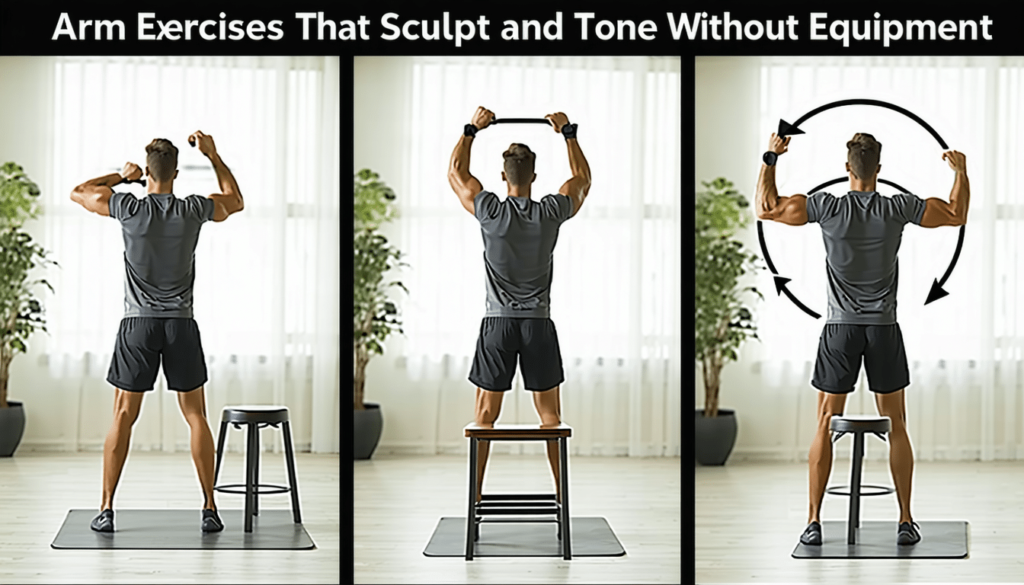The pursuit of performance driven by the desire to maintain an optimal weight is a major concern for athletes. However, the pressure to adhere to restrictive diets can be overwhelming. The good news? A simple and accessible method has proven effective for weight loss without excessive deprivation: intermittent fasting.
Understanding Intermittent Fasting
Intermittent fasting involves alternating between periods of fasting and eating. It is a flexible strategy that allows individuals to manage their weight without adhering to strict diets. Here are some popular approaches:
– The 16/8 Method: Fast for 16 hours and eat during an 8-hour window. For example, eat between 12 PM and 8 PM.
– The 5:2 Diet: Eat normally for 5 days a week and reduce calorie intake to 500-600 on 2 non-consecutive days.
Why This Method Works
Intermittent fasting allows for a natural reduction in calorie intake without the need to count every calorie. It triggers several beneficial mechanisms in the body:
– Improved Metabolism: During fasting, the body burns more fat for energy.
– Regulatory Hormones: This approach positively influences hormones like insulin and ghrelin, promoting weight loss.
– Simplicity: No need to plan complicated meals; it simplifies daily life.
Benefits of Intermittent Fasting for Athletes
In addition to aiding in weight loss, intermittent fasting offers several advantages for athletes:
– Improved Recovery: Fasting can accelerate muscle recovery by reducing inflammation.
– Optimal Energy: Many athletes report increased mental clarity and better energy levels during workouts.
– Dietary Flexibility: Athletes can include their favorite foods in their meals without guilt.

Practical Tips to Get Started
If you’re interested in intermittent fasting, here are some simple tips:
– Start Slowly: If you’ve never practiced fasting before, try gradually increasing your fasting duration.
– Stay Hydrated: Water, tea, or coffee are generally allowed during fasting. They can even help control appetite.
– Listen to Your Body: If you feel tired or particularly hungry, it’s essential to respect your natural needs.
Expert Opinions
Athletes like Florent Manaudou have shared their positive experiences with intermittent fasting, highlighting its effectiveness for maintaining shape without following a restrictive diet. He even explained how he lost 10 kg before the Olympics.
What to Avoid
While this method can be beneficial for many, it is essential to stay vigilant. Here are some common mistakes to avoid:
– Don’t Compensate by Overeating: This is a common misconception. Make sure to eat reasonably during meals.
– Neglecting Nutritional Needs: Ensure that you consume enough nutrients during your eating window.
– Negotiating Your Health: If you have a history of eating disorders or health issues, consult a professional before adopting this method.
By incorporating intermittent fasting into your routine, you can transform your approach to weight loss while maintaining a fulfilling quality of life. This simple and flexible lifestyle can help you achieve your athletic goals while allowing you to enjoy your favorite foods without guilt. For those looking to explore alternatives, methods such as morning walks or managing eating habits are also recommended for maximizing results while preserving well-being.
For more tips and practical advice, check out resources on how to lose weight without dieting.






